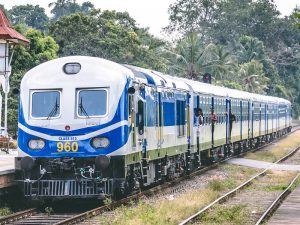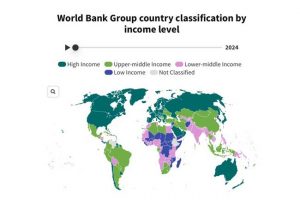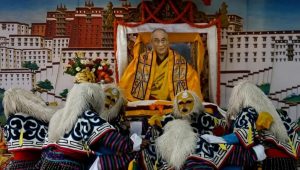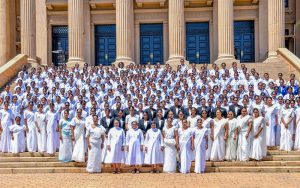Elections and Northern Reconciliation Issues – Dr. Jehan Perera
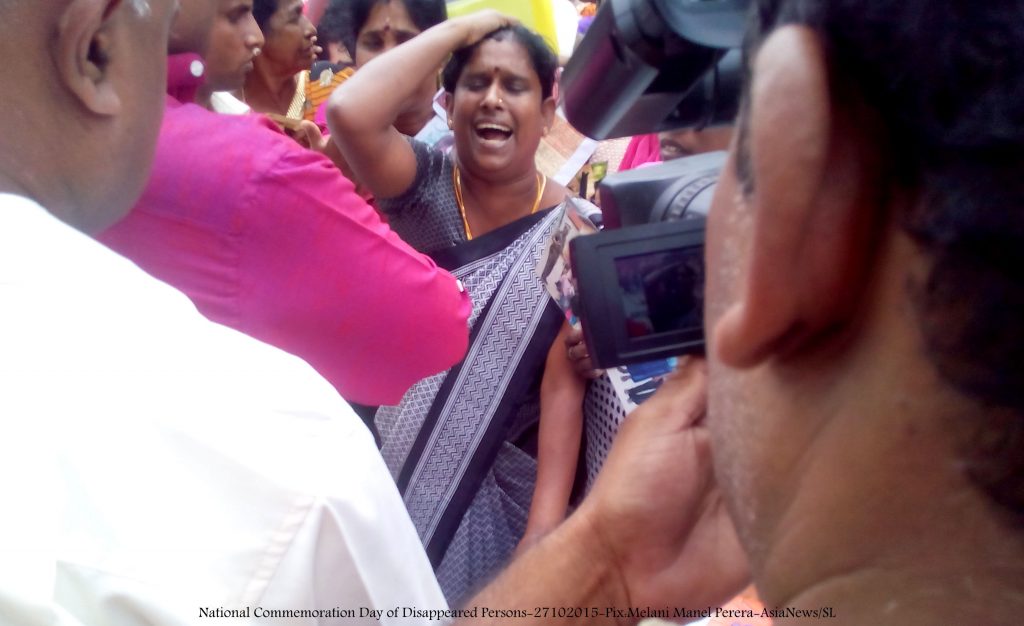
The changes being made in Colombo have not managed to excite the imagination of voters in the north. They may be least interested in it because it is a matter beyond their control. I spent three days in the north, in Vavuniya, Jaffna and Kilinochchi, with Kalupahana Piyarathana Thera and Vishaka Dharmadasa, who led a dialogue process that culminated in a document called the ‘Himalaya Declaration’ signed by several Buddhist monks and a section of the Tamil diaspora. Although a mutually acceptable solution to the long-escalating communal conflict in the country can be found, the document outlines some basic principles that need to be revised, adjusted and developed through a larger dialogue process.
During the three days we spent in the North, we met a considerable number of civil society members, activists and academics. In discussing the way forward for national reconciliation and a just and mutually acceptable solution, it was seen that there was a good attitude and some desire among many. They said they were ready for reconciliation but wanted to know what the government and the South had to offer. It is notable that they are not interested in the constitutional fallacies that preoccupy the South.
Federal option
The question that intellectuals in the north are currently grappling with is whether or not they will support a common Tamil candidate for the upcoming presidential election. Those in favor of that move also know that a Tamil candidate seeking the votes of Tamils in the North and East, where the vast majority of Tamil-speaking people live, cannot win the presidential election. Through this exercise, they hope to send a message to national politics and especially to the international community that the Tamil people have not given up hope for a political solution based on federal principles. The three main candidates of the presidential election, the current President Ranil Wickremesinghe, the opposition leader Sajith Premadasa and the leader of the National Force, Anura Kumara Dissanayake, have given some answers to this Tamil national expectation in different forms. through
Less than a decade after the country’s independence from British colonial rule, Tamil politics opted for a federal system of government that gave the Tamil-speaking majority in the north and east the power to make laws for that part of the country. They did so after a series of defeats in parliament against the parliamentary strength of the permanent ethnic majority, which stripped them of rights to citizenship (of Tamils of recent Indian origin) and linguistic equality (of Tamils and Muslims). If the Tamil Common candidate gets a high percentage of the North East Tamil votes in the presidential election, it will be a testament to the continued hope for a federal solution.
A federal governance structure with a constitutionally guaranteed system of power sharing would be different from the current provincial council system. The provincial councils have been inactive for over five years due to the political interests of those sitting in the ruling party in violation of the constitution.
The second reason for the proposal to field a common Tamil candidate is the existing divisions in Tamil politics. The political alliances formed by the union of various Tamil political parties are now in a state of chaos. Political divisions have also spread into political parties that are unable to determine their own leadership or policies. Civil society leaders are currently mobilizing a large number of civil society organizations and groups to find a common candidate who can begin the process of unifying the divided Tamil polity. However, this problem has been written critically. According to Thanabalasingham, “There are conflicting views not only between parties but also within each party regarding the common candidate. The conferences were first organized by the civil society organization ‘Makkal Manu’ (People’s Petition) to garner support for the idea of fielding a common Tamil candidate. Currently, a new civil society organization called ‘Tamil Makkal Podubai’ (Tamil People’s Assembly) is strongly leading the movement. https://newsin.asia/
The option of a common Tamil candidate was not a unanimous decision in the North. In any democratic society there is no unanimity, but rather diversity and differences. They must be managed so that they become strengths instead of weaknesses. There are different views as to who constitutes a suitable Tamil public candidate and whether the candidate should possess the necessary qualities and policies that make him qualified and attractive to the electorate. Several such candidates have already come forward for selection. There is currently no consensus on the matter and it is more likely to be divisive than ultimately unifying. If the common candidate gets significant popular support, they may consider that figure as a future leader of the Tamil people. Current Tamil political leaders may have concerns about such an outcome. That is why some Tamil political parties are wary of the common candidate concept.
The upcoming presidential election is special because it appears to be devoid of racist or nationalist rhetoric from the three main candidates. President Ranil Wickramasinghe, opposition leader Sajith Premadasa and National People’s Power leader Anura Kumara Dissanayake have maintained good records regarding inter-communal and inter-religious relations. They have not targeted minority ethnic and religious sections in their speeches or actions. In the past few months, they have repeatedly traveled north and east as part of a campaign to convince people that they have the qualities to contribute to welfare and development. Having a common Tamil candidate means that Tamil voters in the North and East will lose the option of voting for one of the three candidates who will become the country’s next president. The President-elect will be most empowered to work for the welfare and upliftment of the people and will be more motivated to do so with the electorate of the North and East having faith in him and voting for him.
The then Foreign Minister Lakshman Kadiragamar called the agreement an important and valuable step towards peace in Sri Lanka and said “this is one step in a long journey”. The road was indeed long, and the journey ended in failure, but Sri Lanka and its people have come a long way since then. Due to the economic crisis and the ‘struggle’ movement that called for and continues to call for system change, the people of the North and the rest of the country are now more open to exceptional change. This is an opportunity to be exploited and sustained through new initiatives that draw on best practices and learn from past failures.


